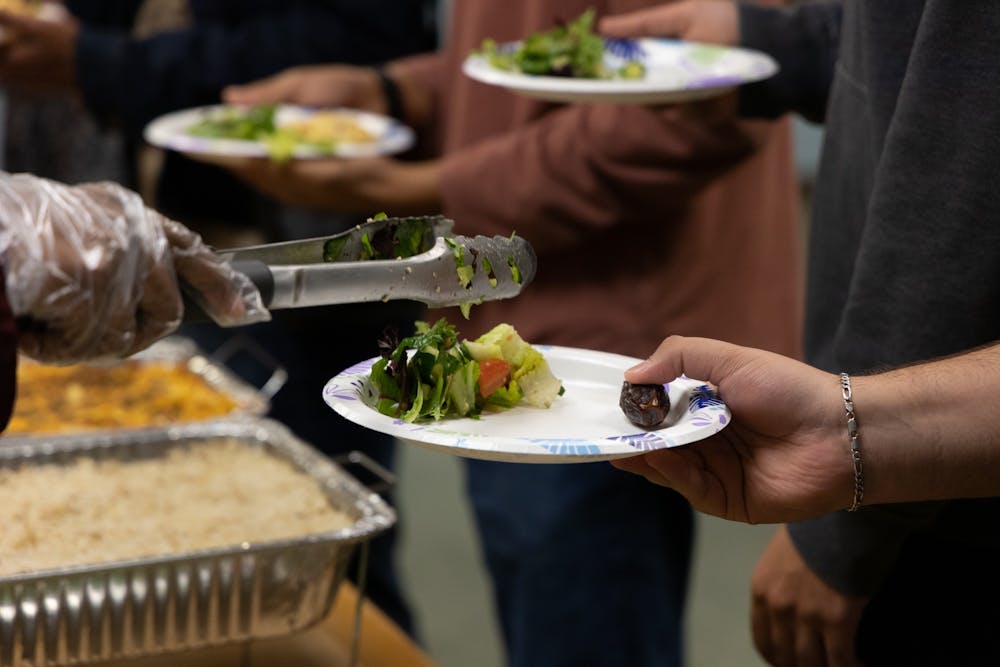The UNC Muslim Students Association works year-round to support the social and religious life of Muslim students at the University. During Ramadan, which occurs from the evening of March 10 to April 9 this year, MSA focuses its efforts on a critical task — helping first-year students feel at home while observing the month of fasting, community and reflection away from home.
“When I came here, Monday or Sunday, my mom was very worried,” first-year computer science major Ahmad Akkila said. “She was like, make sure you get enough to eat, make sure you're around other Muslims so you can break your fast.”
Muslims around the world abstain from eating and drinking from sunrise to sunset during Ramadan, the ninth month of the Islamic lunar calendar, and focus on prayer and the study of the Quran.
The observance of Ramadan is one of the Five Pillars of Islam and lasts from one sighting of the new crescent moon to the next. At the end of Ramadan, Muslims celebrate Eid al-Fitr, the Festival of Breaking the Fast.
Suhur, a morning meal, occurs each day before the sun rises; iftar, the evening fast-breaking meal, occurs once the sun sets.
Iftar is meant to be celebrated with one’s family and friends, but many Muslim students at UNC — especially first-years who have to live on campus — are not able to observe every evening with their loved ones. To help these students in their community feel at home, MSA hosts nightly iftars open to any student who wants to break their fast in the company of like-minded classmates.
“Anyone can break his fast on his own time, but it's not the same,” MSA Outreach Chair Sultan Kiradoh said. “If anyone has ever experienced Ramadan alone, like going to college or moving somewhere where your family's not there, it's really depressing. It doesn't feel like Ramadan. I'm sure anyone would agree — definitely the big part of Ramadan is to come together.”
Kiradoh attended Durham Technical Community College in the past, where Muslim students lacked a dedicated prayer room or a space for iftar and night prayers. He said he remembers being blown away by the vibrant Muslim community at UNC and the positive experience of Ramadan on campus.
First-year health science engineering major Arwa Sattar said she misses her mother’s home-cooked meals but enjoys attending campus iftars with her friends at UNC.




